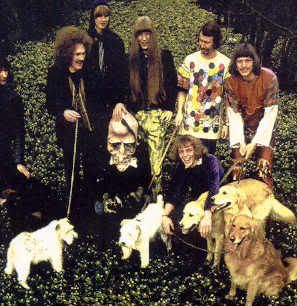
der Spiegel
Lately, I've been feeling as if I'm constantly looking into a really unforgiving mirror. You know, the kind of cheap mirror that makes you look short and wide. Unfortunately, it's not the surface details that I'm noticing. Instead of my ass looking too big, I have been faced with my character defaults and I can't seem to find a break from this examination. This endless rain isn't helping matters.
I'm trying to move away from the way I tend to self-reflect. I allow my thoughts to consume me. I find it a challenge to be able to let these observations in without them taking the wheel. I don't know if it's a matter of becoming mentally and emotionally disciplined or treating myself with greater compassion during these periods or a combination of the two in order to relieve myself. I know that I do not want to stop it entirely but I need some room to breathe sometimes. Insight is hard to balance. It's not like you can schedule it to occur during an appropriate time and it's not like you have the insight and then you're done with the process. Experiencing it on all levels is what makes it a reality. Insight as thought only is incomplete.
I came across a strange website for something called a 'true mirror". Supposedly, it shows you things as they appear, not their mirror image. According to the testimonials, people come close to having breakdowns when they are shown for the first time how they appear others. Part of me is very curious to see for myself what I look like in this mirror but I think I'll wait until I'm no longer seeing reflections of myself everywhere I look.










